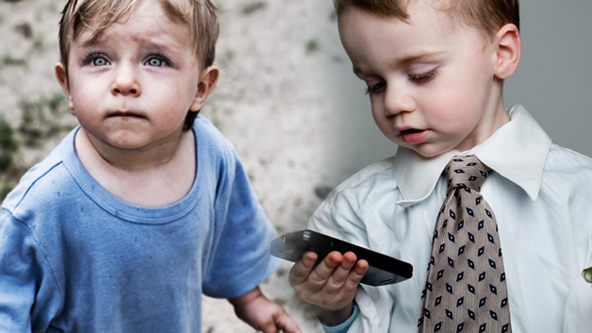What is a general health checkup? It’s when you visit a doctor not because of an ongoing chronic condition or because you’re concerned about new, unexplained physical or mental symptoms, but because you want a general evaluation of your health. The assumption behind such a visit is that if you do this regularly, you may prevent a future illness.
A recent issue of JAMA had two articles on general health checkups. One of them asked the question: What are the benefits and harms of general health checks for adult populations? It summarized a 2012 Cochrane review that addresses this question (it was written by three of the four authors of that review). The review concluded that health checkups were not correlated with fewer deaths (reduced mortality), neither deaths from all causes nor from cancer or cardiovascular disease in particular. Health checkups were associated with more diagnoses, more drug treatments, and possible (but probably infrequent) harm from unnecessary testing, treatment, and labeling. Read more



